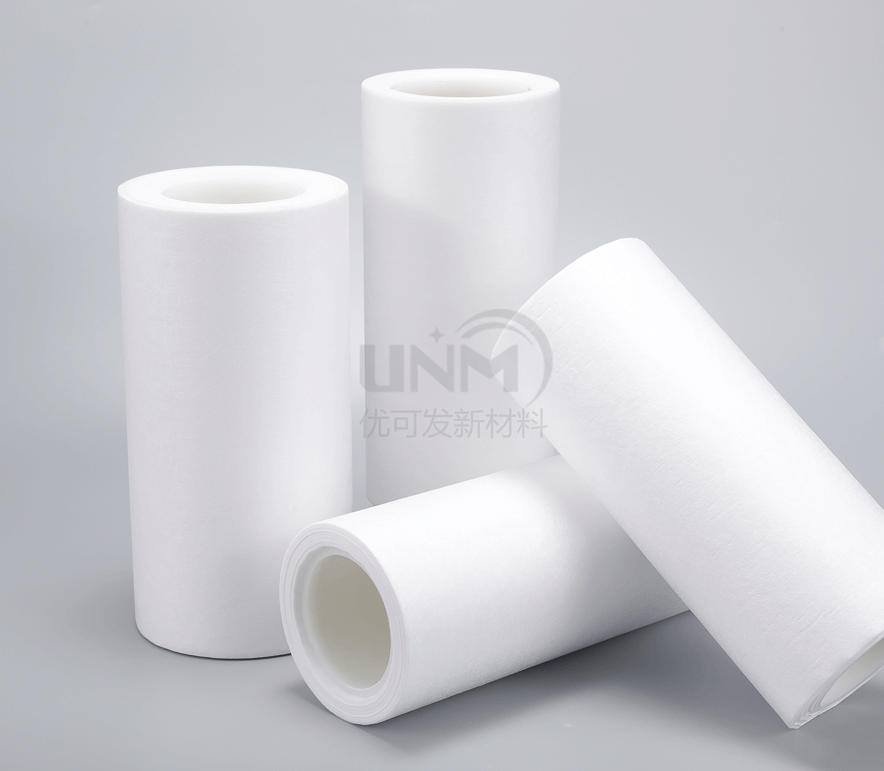1. Excellent chemical inertness: PTFE is a chemically inert material and has good corrosion resistance to many chemical substances. This means that when using PTFETissue culture sealing film, it will not have adverse reactions or interactions with culture media or other experimental reagents.

2. Good temperature resistance: PTFE has good temperature resistance and can withstand higher temperatures, usually Can reach above 200℃. This makes PTFETissue culture sealing film very suitable for experiments that require cell culture in high temperature environments.
3. Non-adhesiveness: PTFE is a non-adhesive material that hardly adheres to any substance on its surface. This means cells and other samples do not adhere to the film, reducing the risk of cell damage and loss.
4. Excellent light transmittance: PTFE has very high transparency and excellent light transmittance. This allows clear observation of cell growth and experimental manipulations without removing the parafilm.
5. Reusable: PTFE material has high durability and is not easy to break or deform. This enables multiple uses, reducing experimental costs and conserving resources.
It should be noted that although PTFEtissue culture sealing film has many advantages, its applicability still depends on experimental needs and specific Application situation. Before selecting and using any type of film, it is recommended to refer to the product description and usage guide provided by the manufacturer to ensure a correct understanding of its characteristics and scope of application. Interested parties are welcome to enter the store and contact us.
</p






